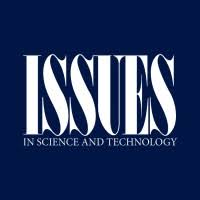Amid the very real devastations of already-vulnerable lives and livelihoods caused by the COVID-19 pandemic, there has been a tsunami of commentary. Academic and policy experts of every stripe are already asserting the lessons and proposing competing agendas that the crisis seems to dictate.
But in fact, there really seems only one clear truth so far. Incongruously neglected in the many confident pronouncements and predictions, this truth is that nobody knows the historic implications of this moment. A radical diversity of futures is possible. In each of these futures, a diversity of competing views will likely clash as much as they do now.
For whatever happens next, what is already evident is that expert advisers and scientific institutions found themselves so wrong, commentators and policy-makers so short-sighted, affluent societies so poorly resourced, macho demagogues and plutocrats so indecisive, and democracies and autocracies so ill-prepared.
What the pandemic seems to show is that all our tools for acting in the face of massive uncertainties—the dispassionately assured experts, the precise scientific metrics, the rigorous technical models, the all-seeing, intrusive monitoring—have added up to much less than the promised quality of control. It has become clear, indeed, that in the face of this well-foreseen challenge to our well-being, human capacities to steer our world based on our understanding of it exist largely in our imaginations.
After all, what else can reasonably be concluded when even the most powerful, respected, and self-confident authorities manifestly failed so badly not only to control but also to predict even a single parameter of one specific disease? With this understood, how much harder is it to believe other hubristic aspirations to anticipate, let alone heroically control, a path toward entire collective futures? Simply because the ends are so laudable does not make complex and ambiguous goals such as a “global energy transition” or “worldwide transformations to sustainability” any more controllable.



